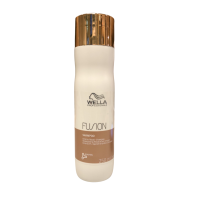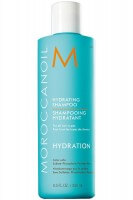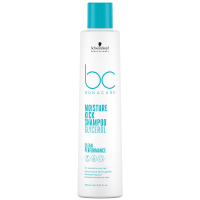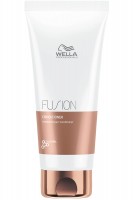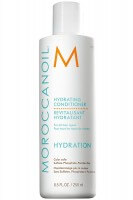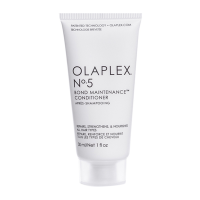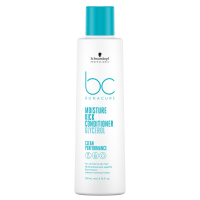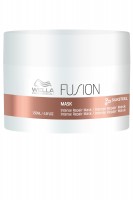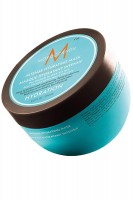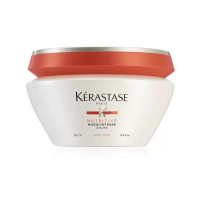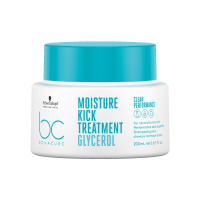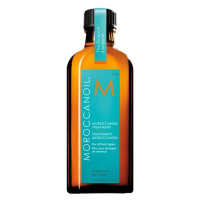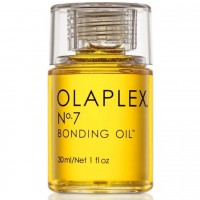Why is my hair dry? Simple care instructions for optimal treatment
Introduction
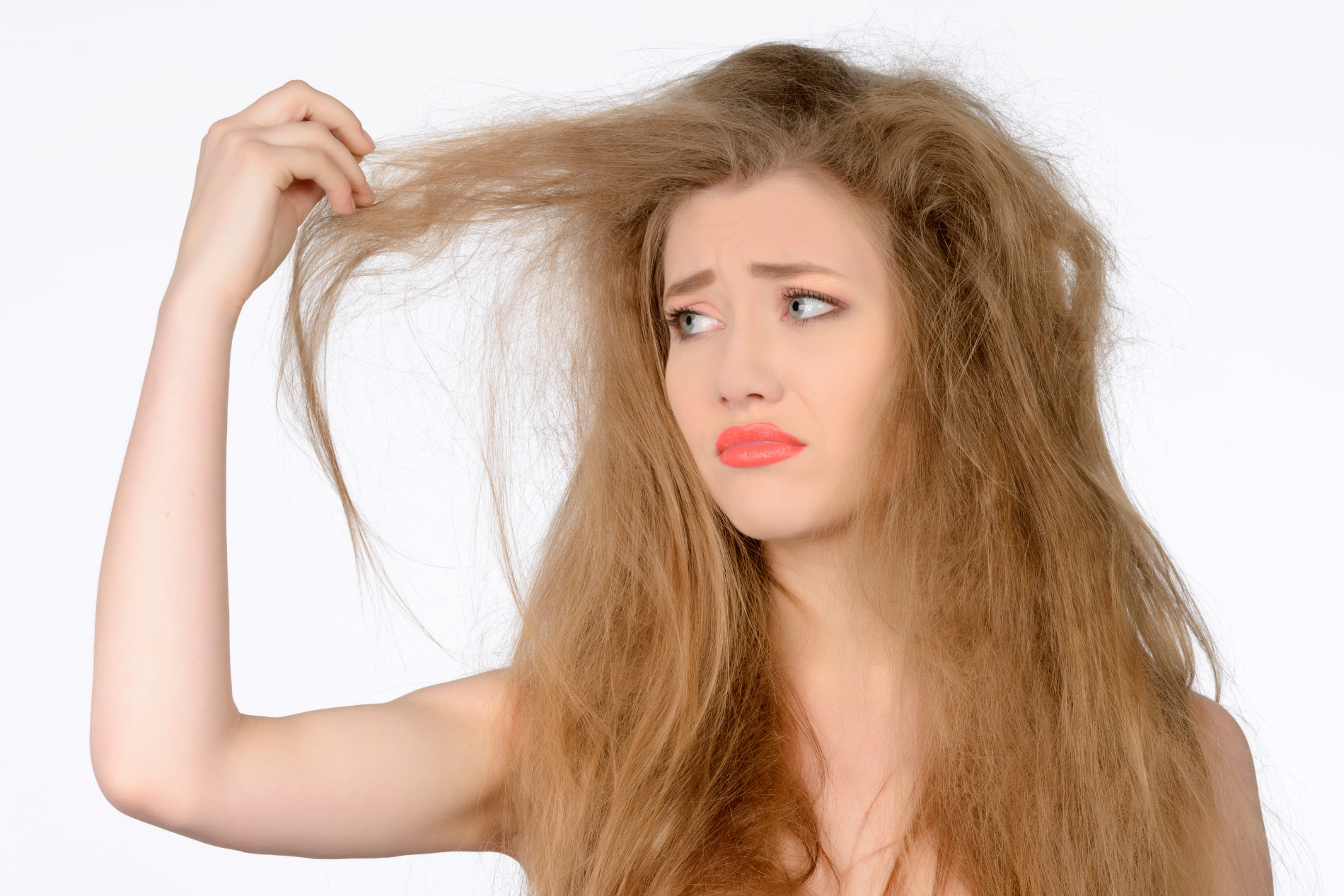
Every single one of us has looked in the mirror at some point, only to be greeted by the sight of dull, dry, and lifeless hair. It's frustrating, right? As common as it is, managing dry hair often seems like an uphill battle. But why exactly does hair turn dry, and what can we do about it?
In this guide, we'll delve deep into the world of hair care, specifically focusing on the nuisance that is dry hair. We'll unravel the mysteries behind why some of us are plagued with this issue, while others seem to have perpetually shiny and healthy locks. And most importantly, we'll arm you with a wealth of knowledge and tips on how to manage dry hair effectively.
So, if you've ever thrown your hands up in despair after trying yet another supposedly miracle hair product that didn't deliver, or if you can't seem to break free from the constant cycle of bad hair days, this guide is for you. Ready to revolutionize your hair care routine and bid goodbye to dry hair once and for all? Let's get started!
The Science Behind Dry Hair
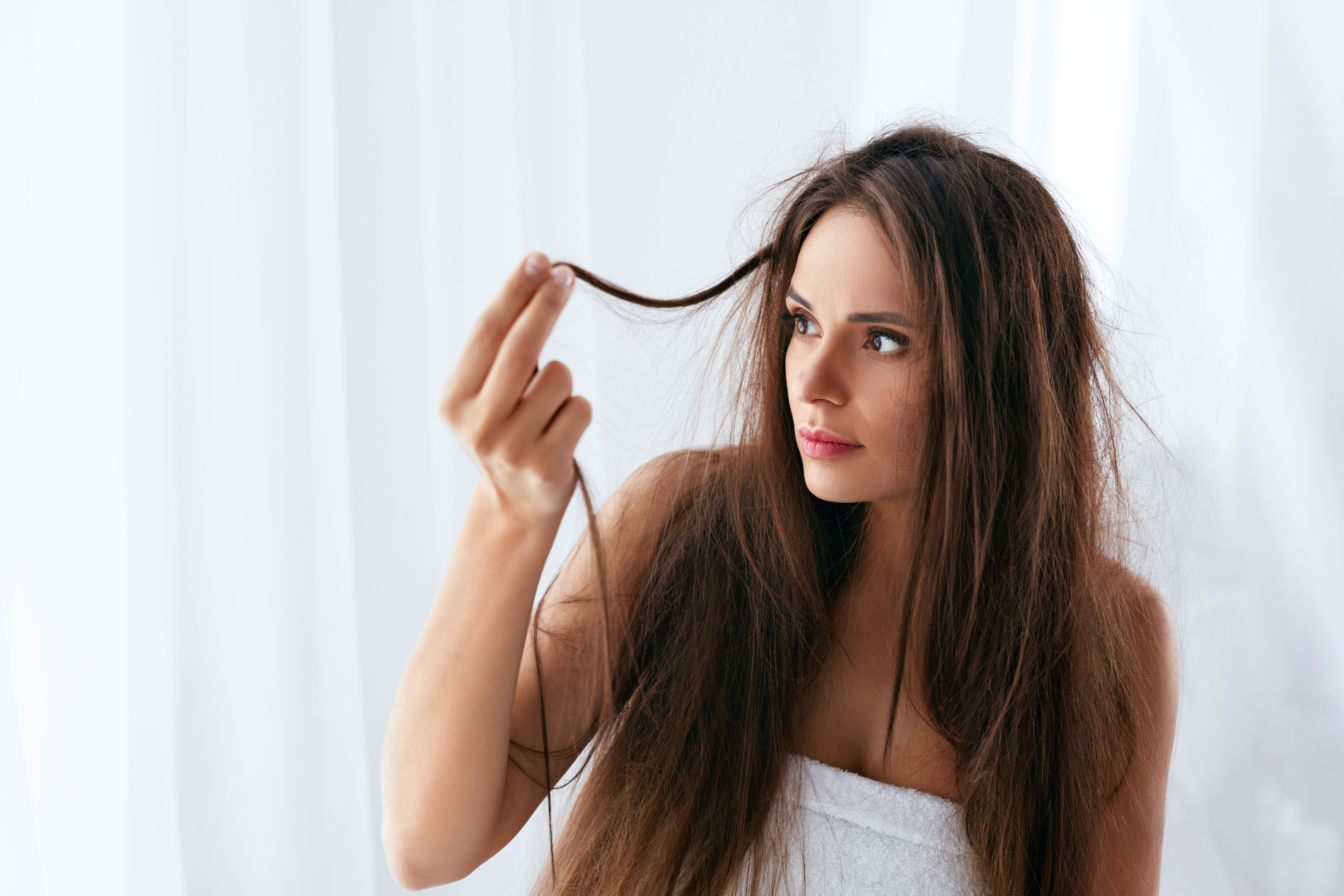
To comprehend why your hair turns dry, it's essential to go beneath the surface – quite literally! Let's take a closer look at the science of your hair.
Each strand of your hair is composed of three layers: the cuticle (outer layer), the cortex (middle layer), and the medulla (innermost layer). The cuticle, made up of overlapping cells resembling fish scales, serves as a protective layer and plays a pivotal role in determining how your hair retains moisture.
In healthy hair, the cuticle lays flat, creating a smooth surface that not only gives hair its shine but also helps lock in essential moisture. On the other hand, when the cuticle is damaged or raised, your hair can quickly lose its moisture, leading to dryness and a lackluster appearance.
The natural oils, or sebum, produced by your scalp are another crucial component in this equation. Sebum, secreted by the sebaceous glands located next to the hair follicles, forms a protective layer over the cuticle. This oil helps retain moisture, gives hair its natural sheen, and protects it from damage.
However, various factors, ranging from genetic predisposition to environmental elements, can disrupt the production of sebum. Insufficient sebum can leave your hair unprotected, causing moisture to evaporate rapidly and leading to – you guessed it – dry hair.
Understanding this basic science of hair can be the first step in identifying why your locks might be suffering from dryness. In the upcoming sections, we'll look into some common causes of dry hair and arm you with the knowledge to combat it effectively. Buckle up, as we continue this journey to reclaim the health and vitality of your hair.
Common Causes of Dry Hair
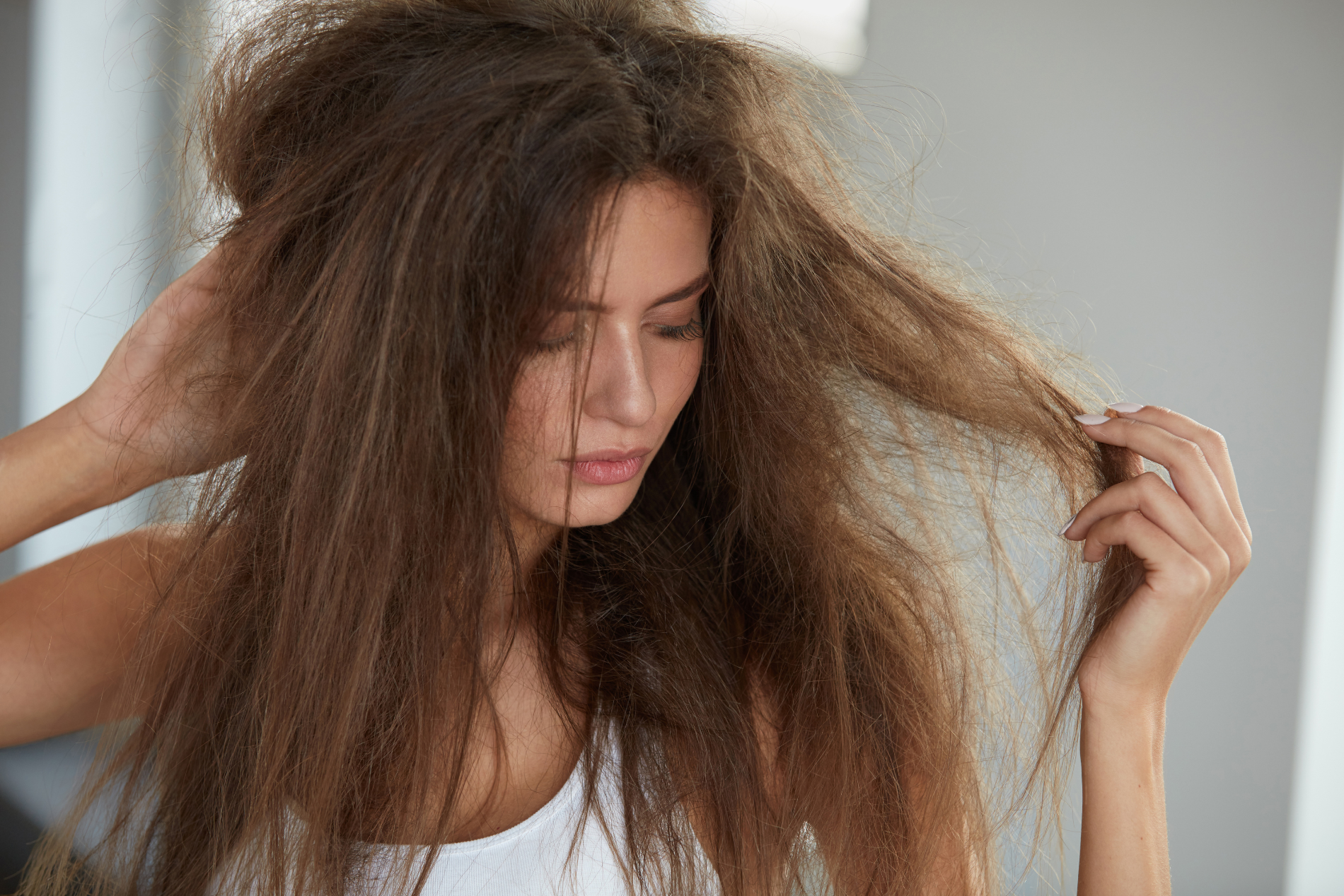
Understanding what's turning your hair dry is the first step in taking appropriate action. Here are some common factors that might be stealing the shine and life from your hair:
Environmental Factors: Elements of weather, such as harsh winds, sun exposure, or cold temperatures, can strip your hair of its natural oils, leading to dryness. Even indoor factors like air conditioning or central heating can have similar drying effects.
Heat Styling: Frequent use of heat styling tools like hair dryers, curling irons, or straighteners can cause significant damage to your hair cuticle. High temperatures cause the protective cells in the cuticle to lift, leading to moisture loss and dryness.
Harsh Hair Products: Some shampoos and styling products contain harsh chemicals that can strip your hair of its natural oils. Alcohol-based products and those containing sulfates are particularly notorious for causing dryness.
Dry Scalp: A dry scalp often leads to dry hair. If your scalp isn't producing enough sebum, it's not just your scalp that suffers, but your hair too. The sebum from the scalp is meant to travel down your hair strands, keeping them moisturized and protected. A dry scalp interrupts this process, leading to drier hair.
Health Issues: Certain health conditions, like hypothyroidism or nutritional deficiencies, can affect your hair's health and lead to dryness. If you've noticed a drastic change in your hair condition without an apparent external cause, it might be worth discussing it with a healthcare professional.
As we discuss these causes, it's also worth debunking a common myth: that frequent washing dries out your hair. While washing your hair with harsh products can lead to dryness, washing in and of itself isn't the culprit. It's about finding the right balance and using mild, moisturizing products.
In the upcoming sections, we'll delve into strategies and routines that can help mitigate these factors and nurture your hair back to health. Keep reading to unlock the secrets of well-hydrated, shiny hair!
Impacts of Dry Hair: Beyond Aesthetics
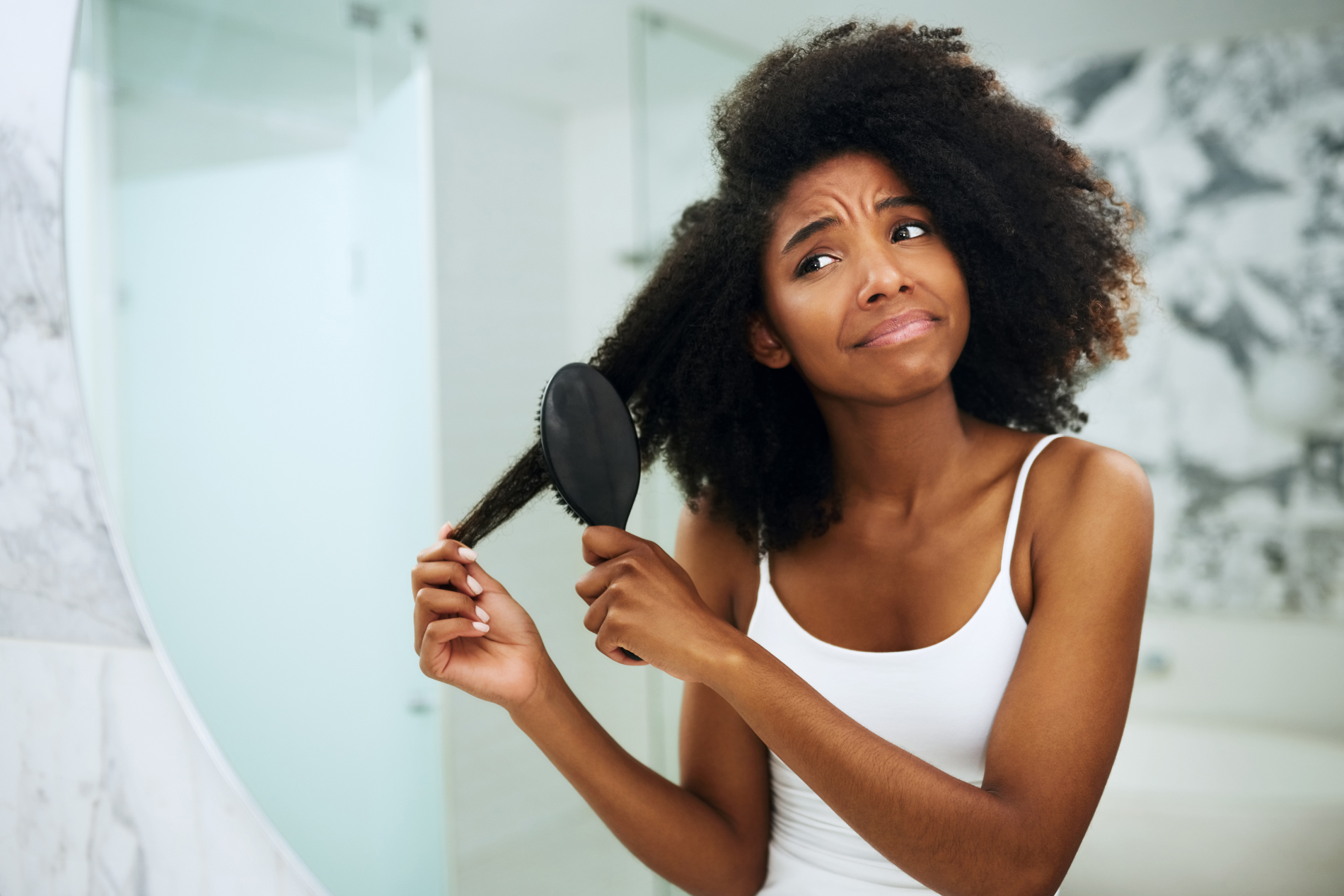
Dry hair is often viewed as a purely aesthetic problem. After all, who doesn't want shiny, vibrant, and healthy-looking hair? However, the effects of dry hair go much deeper than just appearances.
First and foremost, dry hair can be physically uncomfortable. It can lead to an itchy scalp, increased tangles, and even breakage, making the simple act of combing your hair a daunting task. But there's more to it.
Many of us have personal ties to our hair. It's a part of our identity, a canvas for self-expression, and a marker of our personal style. When your hair is dull, brittle, and lifeless, it can significantly impact your self-esteem and confidence.
Take the case of Anna, for instance. A vibrant, young professional, Anna's always loved experimenting with her hair. But when she started noticing her once lustrous hair turn dry and lifeless, it deeply affected her self-image. "I just didn't feel like myself anymore," she recalls. "Every time I looked in the mirror, I felt a hit to my confidence."
Or consider the story of Raj, a guitarist in a rock band. His long, dry hair became a source of frustration and inconvenience during his performances. "I'd be playing a gig, and my hair would just keep tangling and getting in the way," he says. "It was a constant distraction."
And then there's Ellen, who experienced an itchy, dry scalp along with dry hair. "I was always self-conscious," she admits. "I was worried about visible flakes, or that people might think I had poor hygiene."
These stories illustrate that the impact of dry hair is not superficial. It affects how people perceive themselves and how they think they are perceived by others. Therefore, taking care of your hair is not just about aesthetics but about maintaining your mental well-being as well.
As we move forward in this guide, we'll explore how to manage and care for dry hair effectively, not just to improve its appearance, but also to boost your confidence and bring you one step closer to feeling like the best version of yourself.
Holistic Approaches to Managing Dry Hair
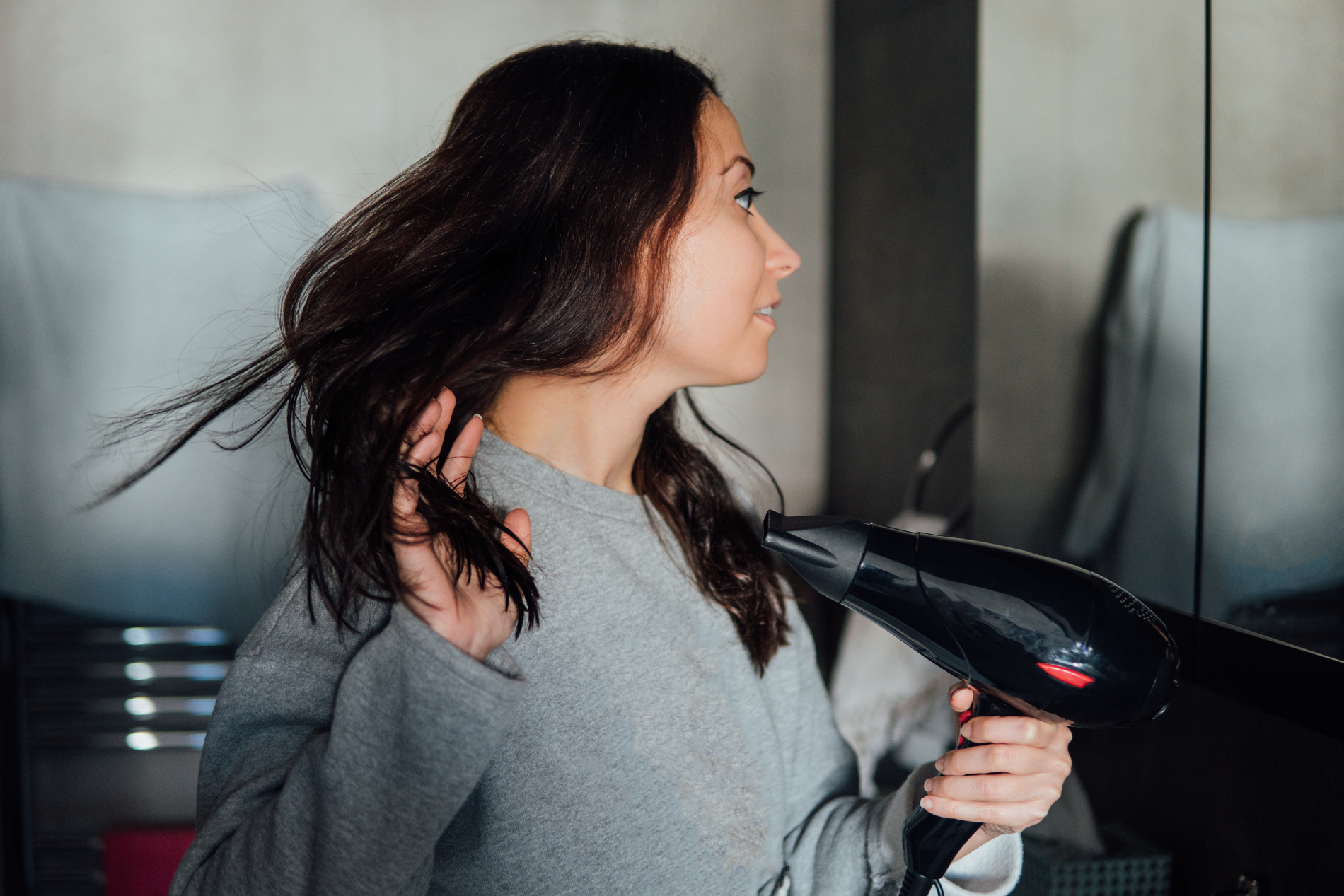
As we've discovered, dry hair isn't just a cosmetic concern. Its impact spans physical discomfort, damage to self-esteem, and overall mental wellbeing. Thankfully, there are various holistic approaches to help you manage and revive your parched locks. Here's a comprehensive guide:
Protection from Environmental Stressors: Just as you protect your skin from harsh weather, your hair needs safeguarding too. In the summer, wear a hat or use hair products with UV protection to shield your hair from the sun. During the colder months, scarves and hats can protect your hair from the drying effects of wind and cold. Try to minimize the use of air conditioning and heating, or consider investing in a humidifier to maintain moisture levels indoors.
Minimize Heat Styling: While heat styling tools can give you the look you desire, they also strip away moisture, leaving your hair dry and brittle. Try to minimize the use of these tools. When you do use them, always apply a heat protectant to minimize damage.
Regular Trimming: Regularly trimming your hair eliminates split ends, which can exacerbate the appearance of dry hair. While it might seem counterintuitive, especially if you're trying to grow your hair, regular trims can ultimately help maintain the health and appearance of your locks.
Embrace a Healthy Night Routine: Did you know that the friction between your hair and the cotton pillowcase can cause dryness and damage? Switch to a silk or satin pillowcase to reduce this friction. Additionally, consider applying a leave-in conditioner or natural oil like argan or coconut oil to your hair before sleeping. This gives your hair ample time to absorb these nourishing ingredients.
Manage Your Stress: Stress doesn't just affect your mind; it impacts your physical health, including your hair. High-stress levels can disrupt the natural growth cycle of your hair, potentially leading to dryness and other issues. Incorporating stress management techniques like yoga, meditation, or even a regular walk in nature can benefit not just your hair but your overall wellbeing.
Remember, healthy hair isn't achieved overnight. It's a consistent journey of love, care, and patience towards your hair. As we explore specific products and routines in the next section, keep these holistic approaches in mind. They're integral to your journey to healthier, well-nourished hair.
Product Recommendations and Hair Care Routine for Dry Hair

The treatment of dry hair is not just about avoiding certain things, but also what you include in your hair care routine. Using the right products can help restore moisture, protect your hair from further damage, and bring back the healthy shine. Here are some recommendations and a step-by-step guide for a hair care routine specifically designed for dry hair:
Moisturizing Shampoo: Choose a shampoo that has been specifically formulated to hydrate and nourish dry hair. Look for products that are free from sulfates and parabens, which can strip your hair of its natural oils. You might try the moisturizing shampoo, which contains natural ingredients to gently cleanse and moisturize your hair.
Deep Conditioner: A deep conditioner is a must for anyone with dry hair. It provides an intensive moisture treatment that can help combat dryness and improve the overall texture of your hair. The Moisture Conditioner is an excellent choice, known for its formula enriched with essential oils.
Hair Mask: Use a hair mask once a week for a deep care treatment. Look for ingredients such as argan oil, shea butter, and coconut oil, which can help supplement and lock in moisture.
Hair Oil/Serum: A moisturizing hair oil or serum can act as a leave-in conditioner and give your hair an additional protective layer and shine. The Argan Oil Hair Serum is a popular choice.
Step-by-step Hair Care Routine for Dry Hair
Washing Hair: Start by washing your hair with a moisturizing shampoo. Apply the shampoo to your scalp and gently massage it in. Rinse it out thoroughly. Remember that it's not necessary to shampoo every day - 2 to 3 times a week is sufficient for most people.
Conditioning Hair: After shampooing, apply a deep conditioner to your hair. Focus on the mid-lengths and ends of your hair rather than the roots. Let it sit for about 3-5 minutes before rinsing it out thoroughly.
Using a Hair Mask: Replace your conditioner with a nourishing hair mask once a week. Apply it in the same way as your conditioner but leave it on for longer (as indicated on the product).
Gently Towel-Dry: After rinsing, pat your hair gently with a towel to remove excess water. Avoid rubbing your hair roughly with the towel as this can lead to frizz and damage.
Applying Hair Serum/Oil: While your hair is still damp, apply a few drops of hair serum or oil to your hair. This helps to lock in moisture and protect your hair throughout the day.
Natural Drying: Whenever possible, let your hair dry naturally. If you must use a hair dryer, use it on the lowest heat setting and always apply a heat protectant.
Remember, every hair is unique. What works for someone else may not work for you. Feel free to experiment with different products and adjust this routine as needed to find what's best for your hair. The goal is healthier, hydrated, and happier hair!
Conclusion
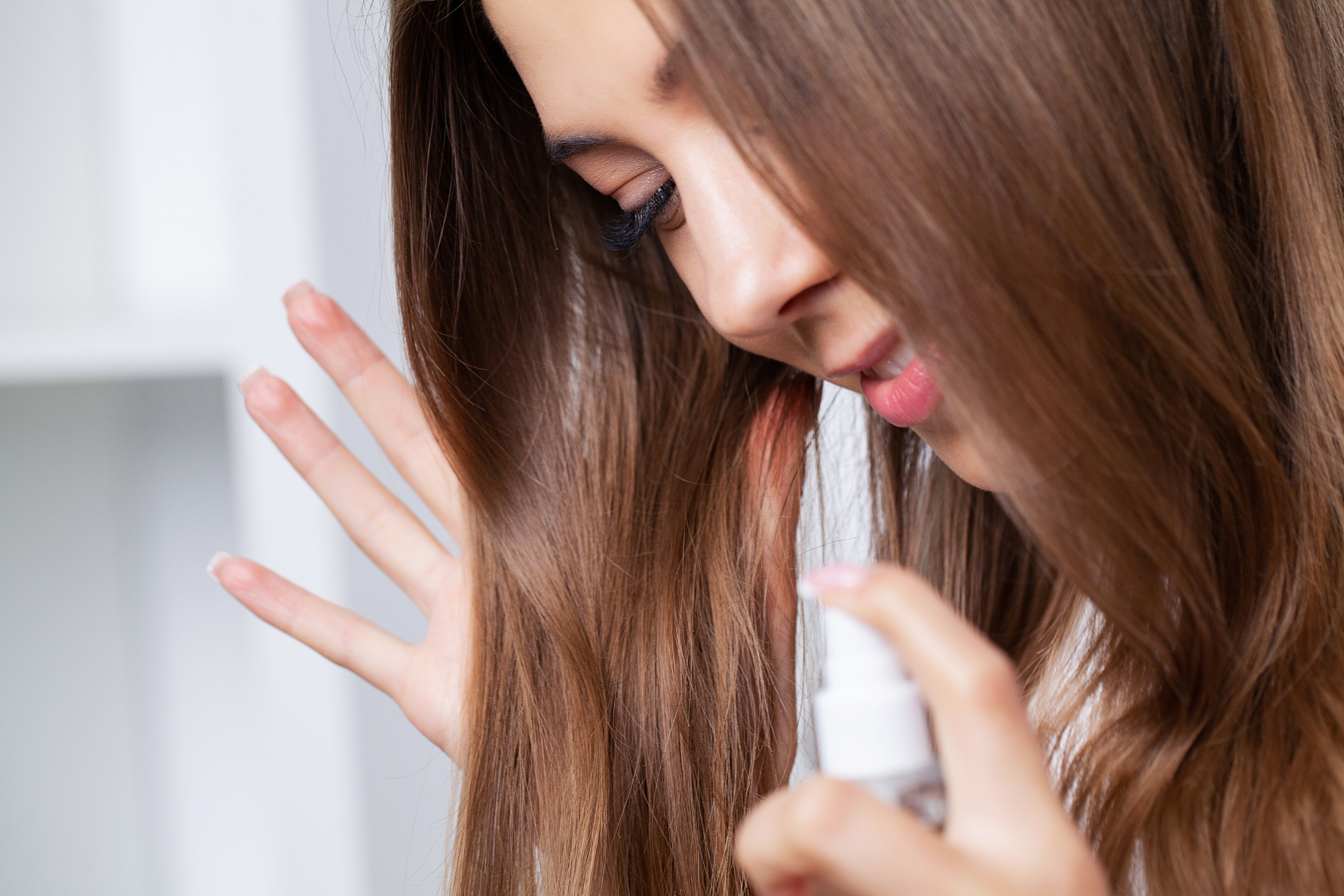
Caring for dry hair can often seem like a never-ending struggle, but it doesn't have to be. With the right knowledge and an effective hair care routine, it's entirely possible to revive your dry, lifeless hair and restore its natural shine and vitality.
In this guide, we have delved into the science behind dry hair, debunked some common myths, and emphasized the importance of understanding the causes of dry hair. Beyond the aesthetic aspect, we also discussed the emotional and psychological impacts of dry hair and stressed that taking care of your hair is an integral part of self-care.
We shared some holistic approaches to treating dry hair, including protection from environmental stressors, minimizing heat styling, regular trimming, embracing a healthy night routine, and stress management. Additionally, we recommended some products and outlined a step-by-step routine specifically for dry hair.
However, remember that there is no one-size-fits-all solution. Each hair is unique, and what works for one person may not work for another. Feel empowered to experiment with different products and routines, and most importantly, embrace your unique hair. Every step you take towards caring for your hair, no matter how small, is a step in the right direction.
We would love to hear about your experiences and tips for treating dry hair! Please share your thoughts and insights in the comment section below. By sharing, we can learn from each other and foster a supportive, engaged community dedicated to our natural beauty and promoting healthier, happier hair.
Thank you for joining us on this journey to understand and treat dry hair. Here's to a future full of good hair days!



